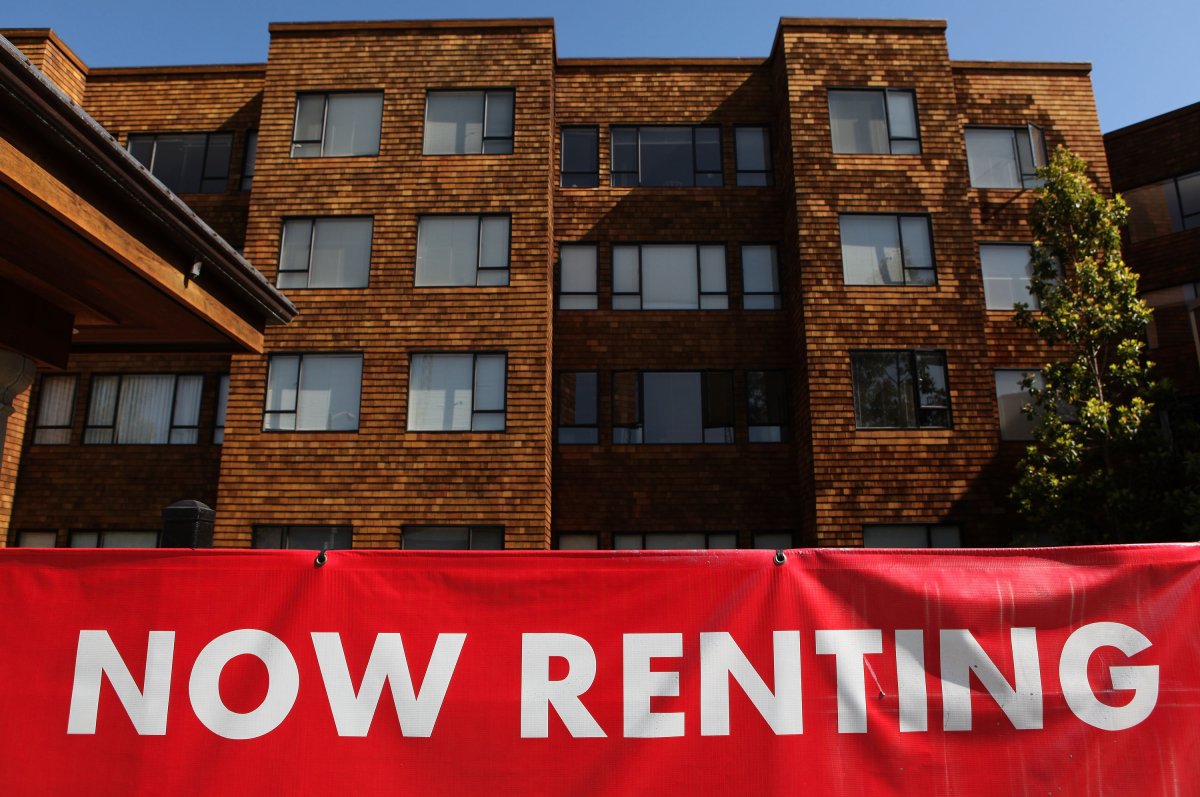Washington State's plan to impose statewide rent control through House Bill 2114 could inadvertently exacerbate the very issues it seeks to address, experts argue.
According to the Washington State Legislature, HB 2114, a rent control bill introduced by democrats and passed by the House last week, prohibits landlords from raising rent for existing tenants by more than 7 percent within a 12-month period.
Those provisions bring up a long-standing debate over their long-term efficacy and impact on housing markets.

The move is aimed at providing financial relief to tenants in the wake of escalating living costs where the broader U.S. rental market has seen prices soar by 29.4 percent above pre-pandemic levels as of last month, according to Zillow, with the median monthly rent in Washington standing at $1,950.
The initiative places Washington among a handful of states contemplating or enacting rent control measures at the state level. Notably, in 2019, Oregon and California implemented similar policies, with Oregon capping rent increases at 7 percent plus inflation and California setting a limit of 5 percent plus inflation, subject to a maximum of 10 percent. Local governments in Maryland, New Jersey, Minnesota, and New York have enacted rent control laws.
While Washington State moves toward joining Oregon and California with rent control measures, it's worth noting that the landscape across the U.S. remains largely resistant to those policies.
Currently, 33 states have laws preventing local governments from adopting rent control, according to the National Apartment Association, and real estate experts widely critique the measure for its potential to deter housing supply and degrade property quality.
A literature review issued last month by Arthur Nelson, a professor of Urban Planning and Real Estate Development at the University of Arizona found that rent control's adverse effects on housing markets include how the policy can discourage landlords from properly maintaining their properties, deter developers from initiating new projects, diminish investment incentives, reduce tax revenues for local governments, and even lead to a sell-off of rental units.
The review highlighted a case study from California, where the introduction of rent and vacancy controls across four cities between 1980 and 1990 was scrutinized for its effects on the rental housing market. Contrasted with six neighboring areas without rent controls, the study found that landlords, in response to the regulations, opted to convert rental units to owner-occupied properties, resulting in a 7 percent decrease in the available rental units.
Nelson suggested in the report that while rent control aims to protect tenants, it may inadvertently harm the very demographic it seeks to assist by constraining the availability of affordable housing.
Even more, the economic rationale against rent control, according to John Phelan, an economist at the Center of the American Experiment, a Minnesota think tank, is grounded in the principle that capping rents interferes with the natural supply and demand dynamics of the housing market.
"This isn't just theory," Phelan said in a 2018 research paper. "In the post-war period rent controls were in operation in many American cities. By reducing the return to landlords it made sense for them to let their properties go to rack and ruin."
By artificially restraining rent increases, Phelan said in the report that rent control can inhibit the development of new rental properties and lead to a mismatch between the available housing stock and demand.
That imbalance can intensify competition for a dwindling number of affordable units, the economist said, pushing rents higher in the unregulated sector and undermining the policy's intended goals.
Instead of capping rents, Nelson suggested a more viable and equitable approach would involve utilizing housing vouchers to offset the actual rent costs for lower-income renters or implementing supply-side incentives to reduce overall housing costs.
The strategy aligns with the understanding that direct financial support and incentives are more effective in addressing housing affordability than imposing costs on private property owners through rent regulation. The challenge, Nelson said, lies in the historical reluctance of all levels of government to commit the necessary funds to make the programs universally available to all eligible renters.
Legislative Hurdles and Future Outlook
On Thursday, after a vote of 54-43, House Bill 2114 passed the Washington State House of Representatives, with a few Democrats joining all House Republicans in opposing the bill, according to republican representative Travis Couture.
The bill will now be considered by a Senate committee before proceeding to a vote. If successful in the Senate, the bill will be sent to Governor Jay Inslee for his signature and potential enactment into law.
Uncommon Knowledge
Newsweek is committed to challenging conventional wisdom and finding connections in the search for common ground.
Newsweek is committed to challenging conventional wisdom and finding connections in the search for common ground.
About the writer
Aj Fabino is a Newsweek reporter based in Chicago. His focus is reporting on Economy & Finance. Aj joined Newsweek ... Read more
To read how Newsweek uses AI as a newsroom tool, Click here.






